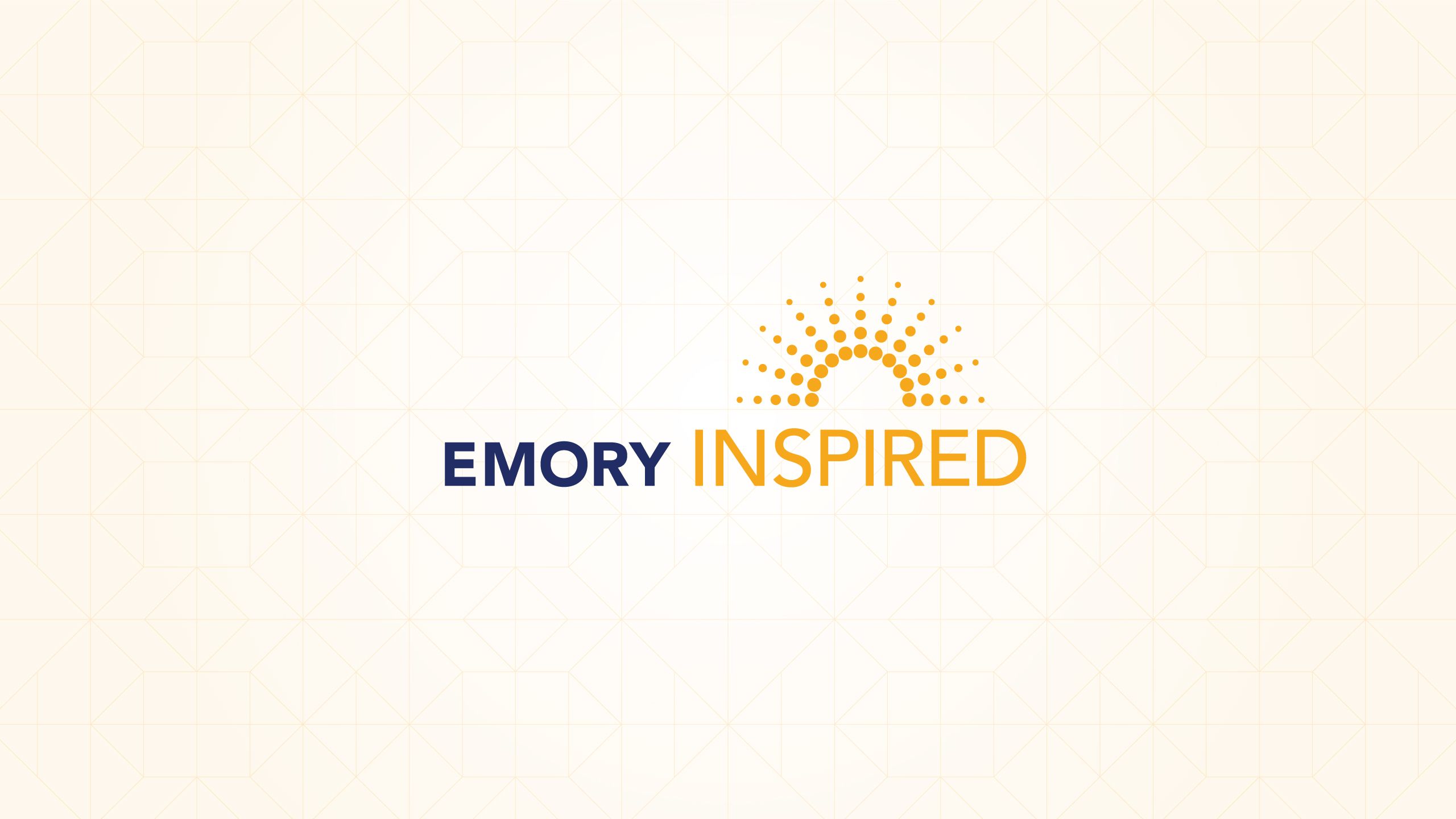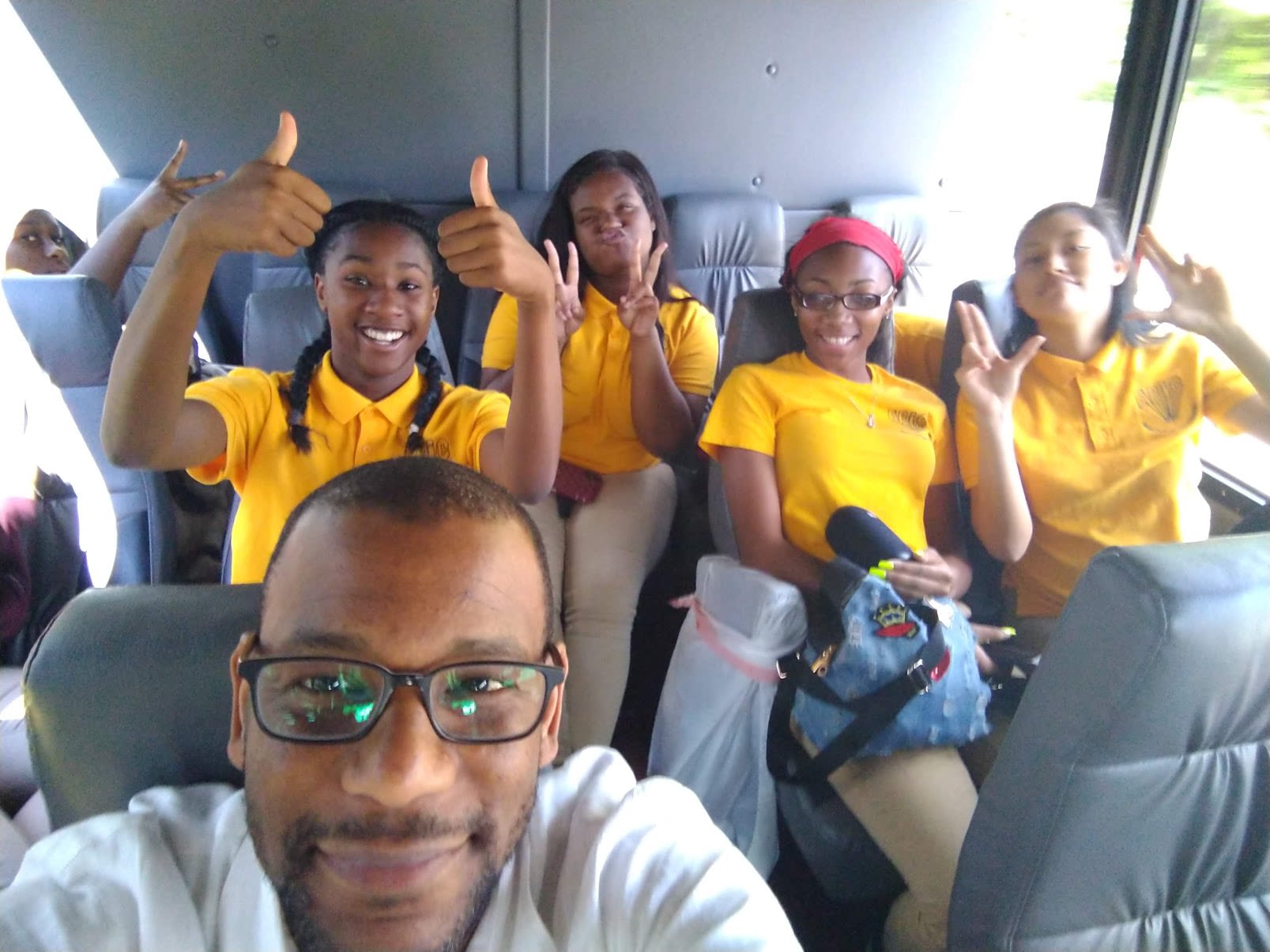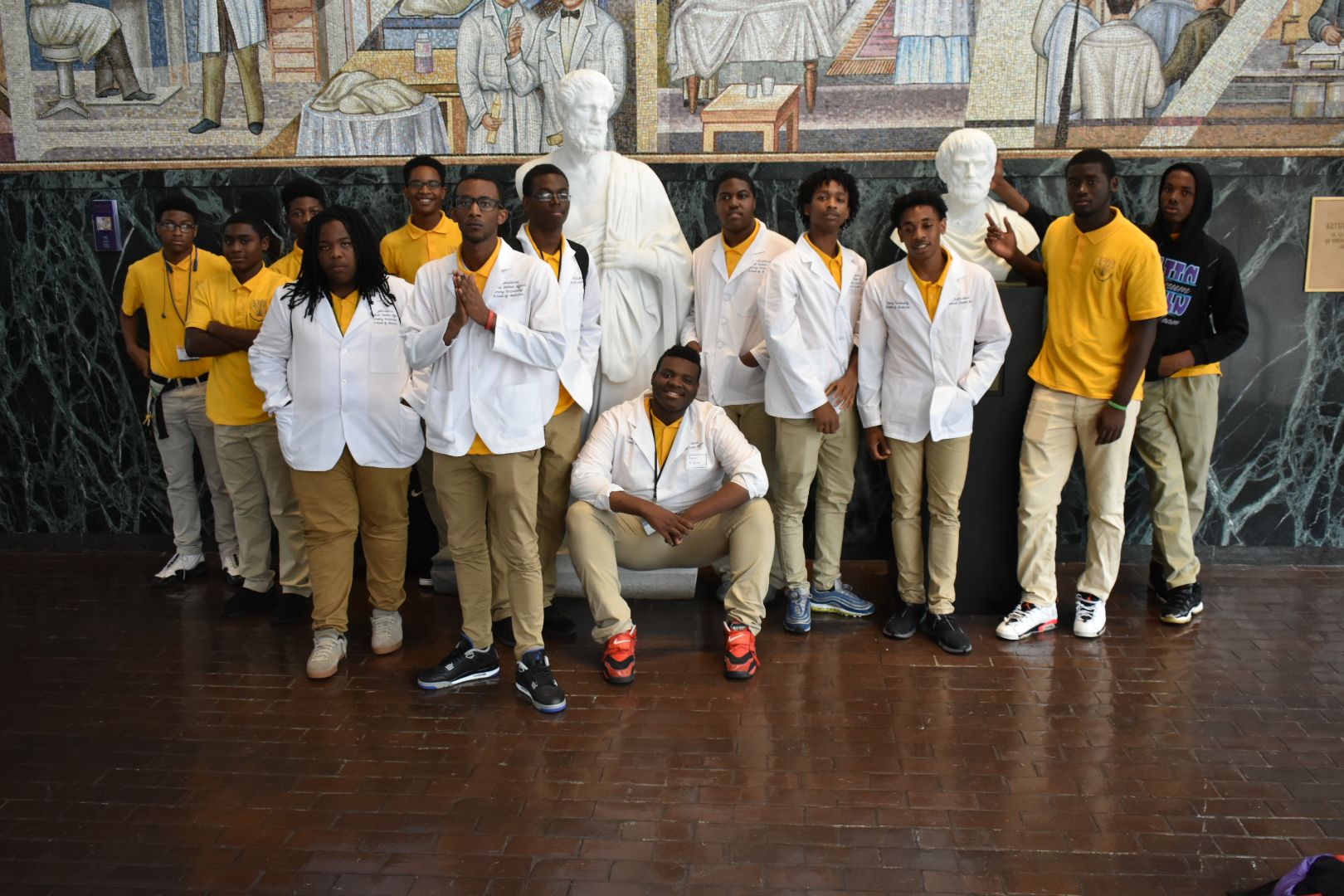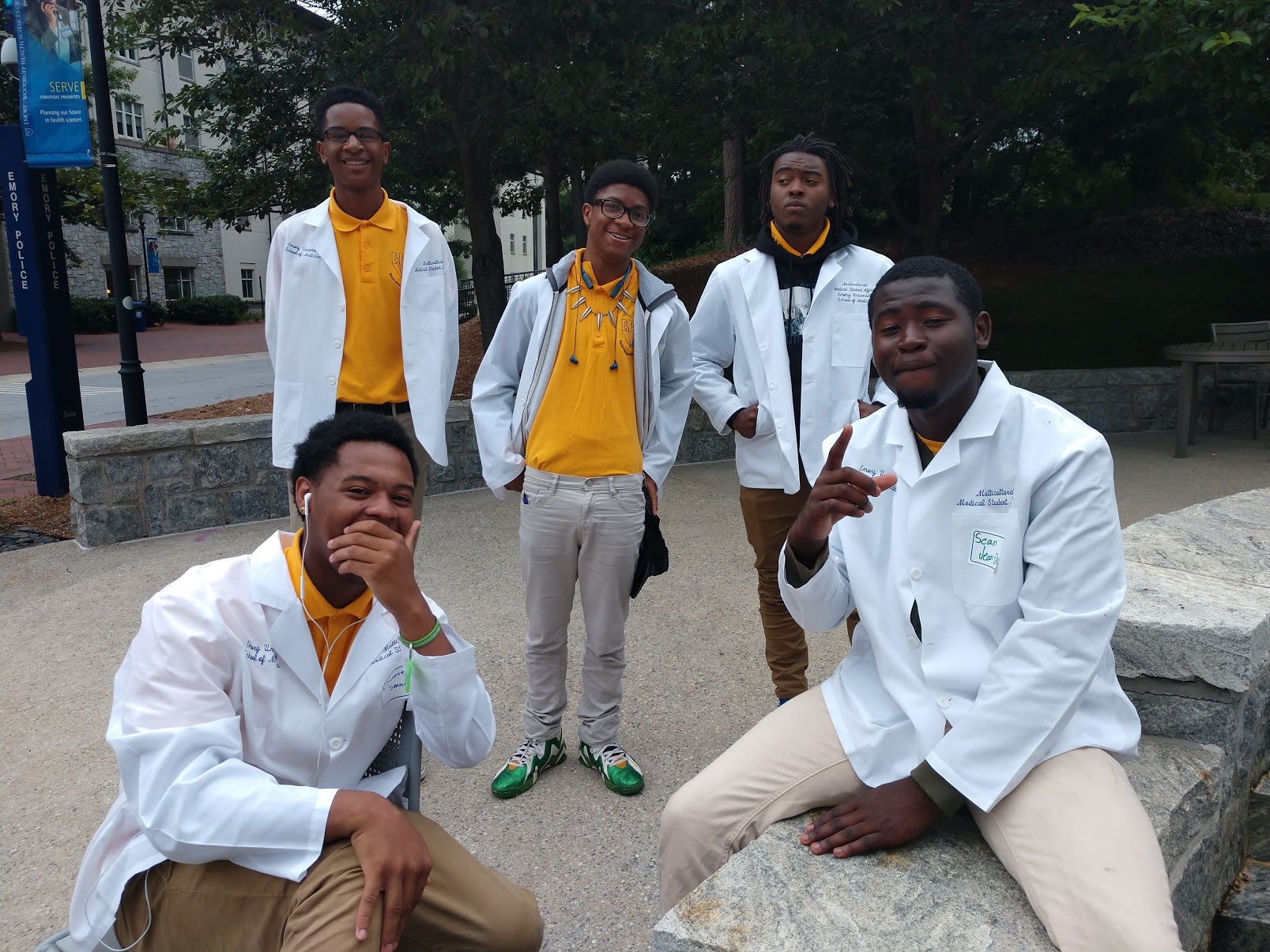
As an Emory Pipeline Collaborative (EPiC) graduate, Jamal Hilaire 23C appreciates the in-depth view of health care that the program provided and for which it is principally known. However, his participation yielded so much more.
“I associate so much of what EPiC is with who I am today,” Hilaire says. “I feel pride about what I’ve become and what I want for the future.”
Hilaire is refreshingly honest about what led to his involvement in the program — a couple parts happenstance, a dedicated teacher and a mother who worked at Emory. “I was introduced to EPiC by my chemistry teacher. I didn’t know what it was at all. However, I applied because it had to do with Emory, and my mom was working there at the time,” he explains.
As he considers career options today, Hilaire is thinking about supply chain within the medical field, but he also ticks off other interests: software developer, data analyst or lawyer.
And if Hilaire chooses a career outside the medical field, no one will be disappointed. EPiC will once again have succeeded in assisting a student with enormous potential find his way more easily.
EPiC is a federally funded program that prepares underrepresented high school students for college success and entry into health careers by increasing students’ academic achievement, college readiness, social support (mentoring) and health career awareness.
The program, which entails a three-year commitment, is open to Atlanta Public Schools students from Carver, Douglass, Jackson, South Atlanta and Washington high schools who meet eligibility criteria.
In October 2018, Emory received a five-year, $3.25 million grant from the Health Resources and Services Administration to establish a National Health Careers Opportunity Program (HCOP) Academy, which represents a partnership among Emory University School of Medicine, Rollins School of Public Health, Atlanta Metropolitan State College, Atlanta Area Health Education Center and the Urban Health Initiative.
“Emory sees the program as a great way to give back to the city, contributing to our base of education and to the people who will continue to build Atlanta. There are so many things that bypass so many students, which is why I am grateful that Emory opened its doors to us,” says Hilaire.
The National HCOP Academy is administered by Yolanda Hood, director of Emory School of Medicine’s Multicultural Medical Student Affairs, and J. William Eley, executive associate dean for medical education and student affairs.
EPiC recently was the beneficiary of $25,000 from the Ford Motor Company Fund. According to Allen Lee — program manager for EPiC, recipient of the Ford Freedom, Unsung Hero Award and author of the proposal — the fund will be used to attract more African American males to the program.
In addition to a 10-session after-school program, students take part in an extensive summer program involving SAT preparation presentations from medical health professionals, simulated clinical experiences, creation of a college and career portfolio, as well as tours of local educational institutions and health care facilities.
“This national academy model has effectively built on Emory’s distinctive qualities, including its emphasis on research training as well as a noted focus on care of the underserved,” says Hood.




EPiC students literally on a learning journey
EPiC students literally on a learning journey

Future health care workers of America? Quite possibly.
Future health care workers of America? Quite possibly.
Emory Inspired is about people out in the community sharing their passion, and just plain good ideas, for improving the home we share in Atlanta.
Somehow our paths crossed, and we are better for the partnership. Maybe you started a business providing meaningful work to others in the region. Or you are helping underrepresented local high school students see themselves in health careers. Or you are helping diversify county arts programs to better match the communities they serve.
Government, education, health care, business, the economy, arts, climate. Emory’s community partners touch all of it.
We have learned from you. And this series is inspired by you.


